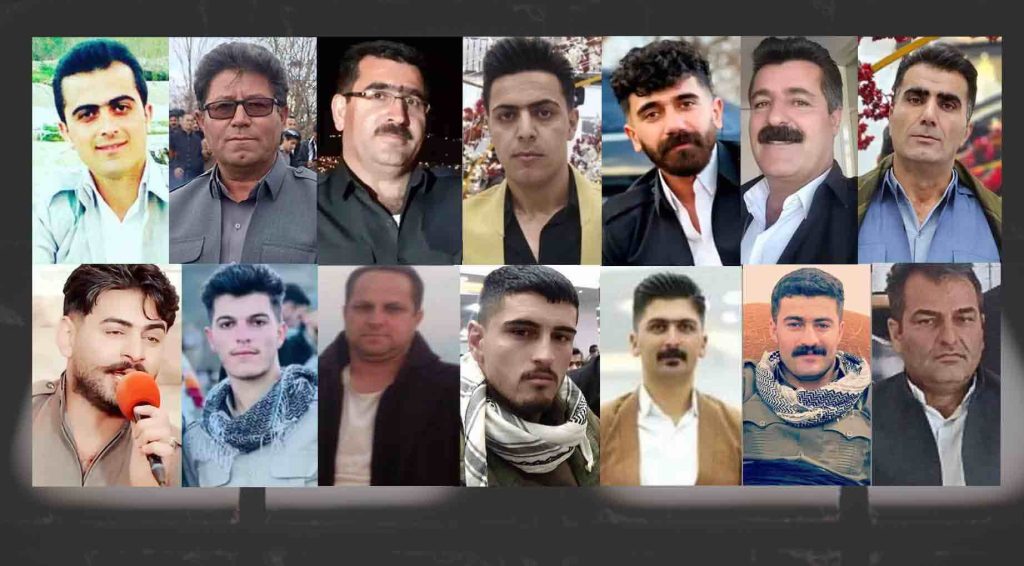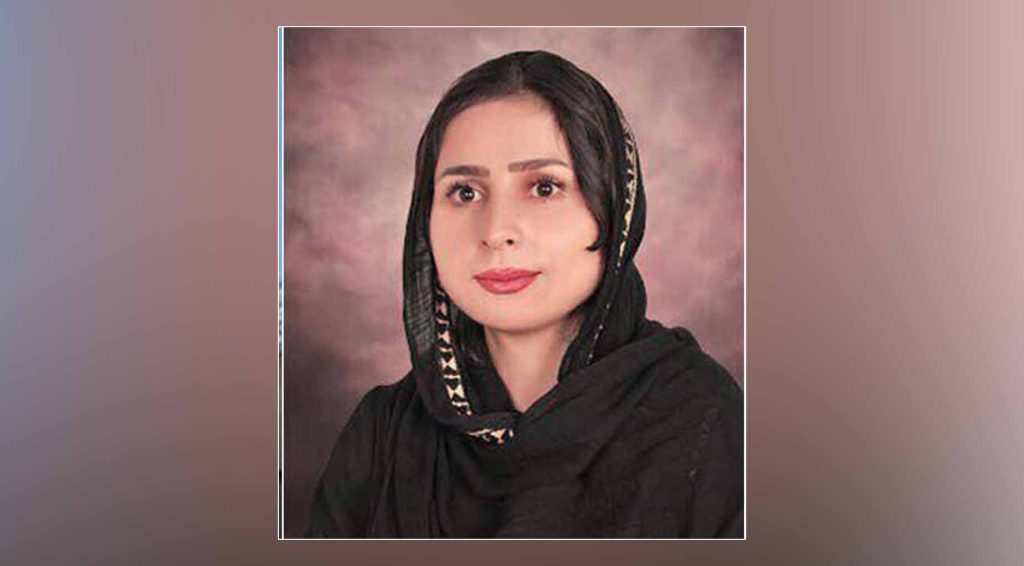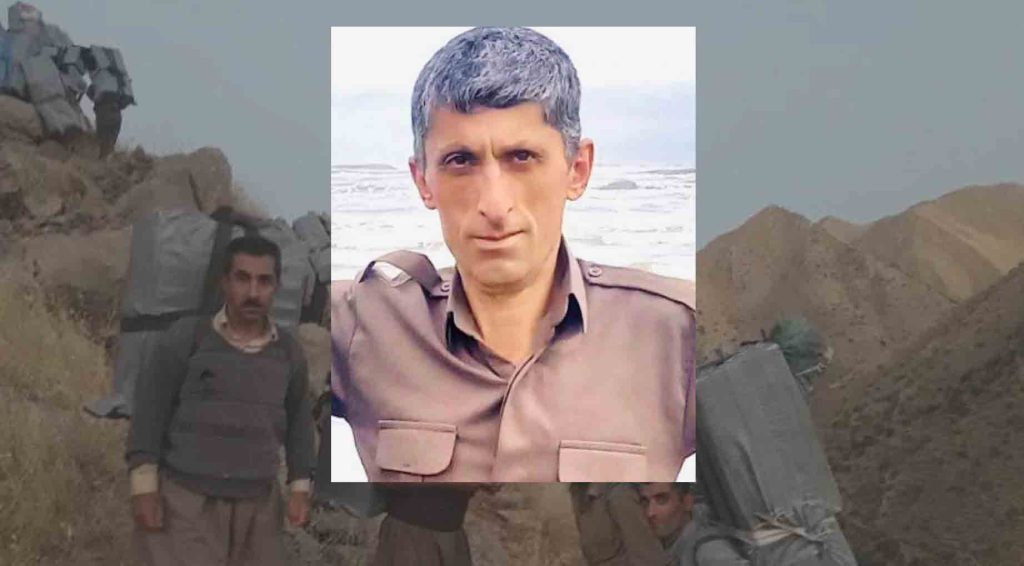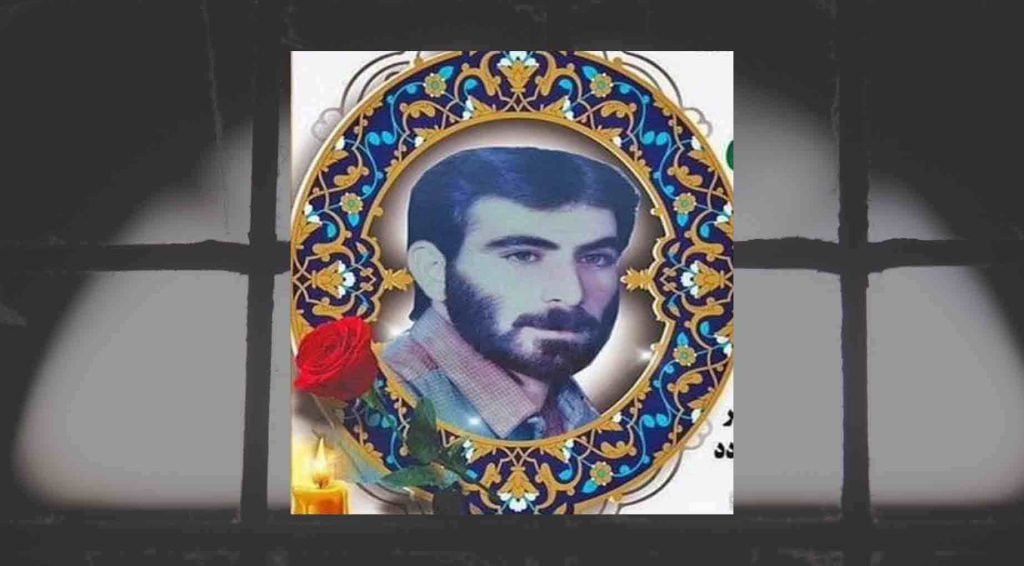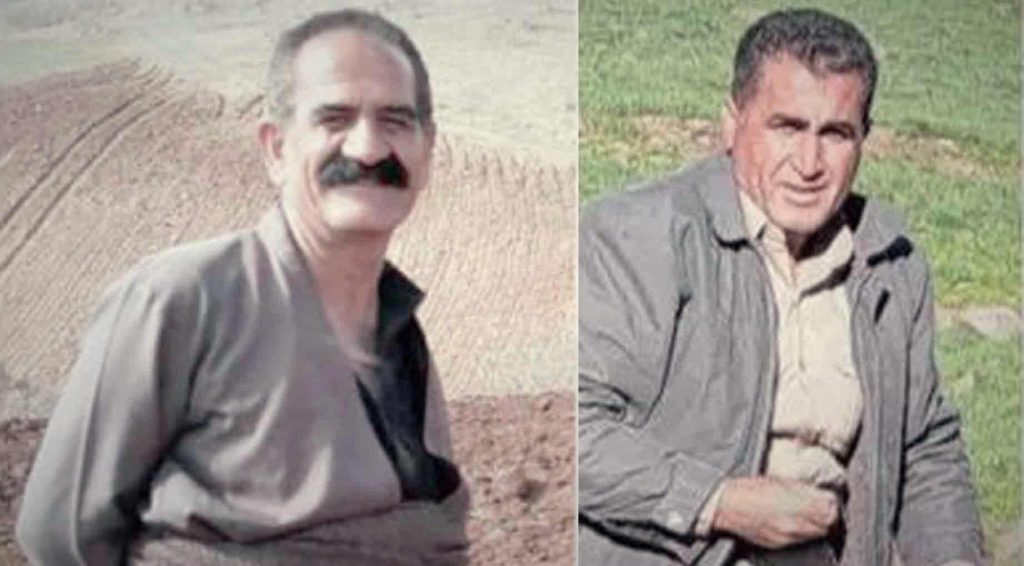Investigations carried out by the Kurdistan Human Rights Network (KHRN) show that many Kurdish civilians from Iran have been victims of human rights violations in the past 30 days.
Followings are the information collected by the statistics and documentation centre of the KHRN in regards to these violations:
Kolbars
In the past 30 days, military forces of the Islamic Republic of Iran killed at least two kolbars and wounded 12 in the western border areas of Kurdistan, Kermanshah and West Azerbaijan provinces.
Also, two kolbars lost their lives in a road accident, and nine others were injured either in a road accident or falling from mountain heights.
Executions
In this period, Iranian officials executed at least seven Kurdish civilians in prisons in Orumiyeh, Kermanshah, Karaj, and Isfahan on “drugs” and “premeditated murder” charges.
These are only the people on whose execution the Kurdistan Human Rights Network (KHRN) has been able to gather information through its sources. The total number of executions is likely to be higher.
One of the executed prisoners was Sajjad Sanjari, a “child offender” who was arrested in 2011 at the age of 15 for killing a child of his age during a street fight. A court later sentenced him to “retribution in kind” (qisas).
On 2 August, his sentence was carried out secretly in Dizel Abad Prison in Kermanshah without allowing his family to visit him one last time.
Femicide
In the past month, at least seven cases of murder of women were reported in Sardasht in West Azerbaijan province and Sanandaj, Marivan, and Saqqez in Kurdistan province.
Six of these killings were committed by the victims’ husbands and one by the victim’s brother-in-law.
Landmine Explosions
In the past 30 days, the explosion of landmines leftover from the eight-year Iran-Iraq war killed two employees of the demining department in the Cham Hendi village of Dehloran, Ilam province.
Additionally, another person was injured in the explosions.
Work Accidents
In this period, at least four Iranian Kurdish workers lost their lives in work accidents in Takab in West Azerbaijan province, Tehran, and the Kurdistan Region of Iraq.
Due to the high unemployment rate in the cities of Iranian Kurdistan, every year, a large number of Kurdish citizens of Iran are forced to migrate to other cities of the country and Iraqi Kurdistan in search of job opportunities.
Detentions and Arrests
Iranian police, Ministry of Intelligence, and the Islamic Revolutionary Guard Corps (IRGC) arrested at least 100 Kurdish civilians and activists in various cities in Kermanshah, Kurdistan, and West Azerbaijan provinces on political charges.
At least 50 of these people were detained on 27 August, following protests in the Darreh Drezh neighbourhood (also Mahdieh town) of Kermanshah in support of widespread protests in Ahvaz and other cities in Khuzestan province against water and electricity cuts.
The Kurdistan Human Rights Network (KHRN) has obtained information on the identities of only 13 of these individuals.
Local sources say military and security forces besieged Darreh Drezh, on the western outskirts of Kermanshah, for several hours. They then raided civilian homes and detained at least 50 people on suspicion of participating in protest rallies.
Prison Sentences
Also, in this period, the Criminal Courts and Islamic Revolutionary Courts of Orumiyeh, Sanandaj, Saqqez, Oshnavieh, and Tehran condemned at least seven Kurdish civilians and activists to sentences varying from seven months to seven years in prison on political charges.
Two of these individuals, Shahram Amjadian and Morteza Haghjouyan, were sentenced to 90 lashes in addition to imprisonment for “defaming provincial managers and publishing government documents”.
Rejection of Appeal against Death Sentence
On 11 August, the Chief Justice of the western Kurdistan province rejected the appeal for retrial of the Kurdish political prisoner Heydar Ghorbani, raising fears of his execution.
After the rejection of the appeal, the case was sent to the Public Prosecutor’s Office in Kamyaran, Kurdistan province. The prisoner’s family are concerned about the possibility the prosecutor could order his imminent execution.
In February 2020, Branch 1 of the Islamic Revolutionary Court in Sanandaj – presided over by Judge Saeidi – sentenced Heydar Ghorbani to death on charges of “armed insurrection” through “membership in the Democratic Party of Iranian Kurdistan (KDPI)”.
Reportedly, the political prisoner’s lawyer is working on appealing for his retrial by sending a letter to the new head of the judiciary.
Additionally, a group of Sunni clerics have also requested his pardon in a letter to the Supreme Leader of the Islamic Republic of Iran, Ali Khamenei.
Political Assassinations
On August 8, a Kurdish political activist and a senior member of the Democratic Party of Iranian Kurdistan (KDPI), Musa Babakhani, was killed in a hotel in Erbil in Iraqi Kurdistan.
In an official statement, KDPI blamed the Islamic Republic of Iran for the assassination of this member of its central committee.
In a statement, the Kurdistan Human Rights Network (KHRN) condemned the assassination of Musa Babakhani. It called on Javaid Rehman, the UN Special Rapporteur on Human Rights in Iran, to conduct the necessary investigations into the role of the Islamic Republic of Iran in Babakhani’s assassination and other similar assassinations in recent dates and to take decisive action to condemn the physical elimination of dissidents by the Iranian government abroad.
The KHRN also called on the Kurdistan Regional Government, on the soil of which the recent assassinations took place, to take a clear stand against the actions of the Islamic Republic of Iran in the killing of Iranian Kurdish political activists and refugees and to fulfil its legal and humanitarian obligation to protect the lives of asylum seekers and refugees in its territory to act in accordance with international standards and cooperation with the United Nations High Commissioner for Refugees.
Ethnic and Religious Disputes
On 7 August, an Azerbaijani-Turkic civilian in Naqadeh, West Azerbaijan province, killed a Kurdish civilian named Fardin Ebrahimi during a dispute. Unfortunately, after the incident, the city became a scene of unrest that quickly took on an ethnic/religious aspect.
Numerous reports from local sources in Naqadeh and videos posted on social media indicated that a group of Azerbaijani-Turkic civilians attacked a Kurdish neighbourhood in the city and destroyed Kurdish civilians’ shops.
Unfortunately, it was reported that the law enforcement forces did not act decisively to prevent the escalation of the conflict and acted biasedly.
Mohammad Alizadeh, another Kurdish civilian, was shot dead by a plainclothes man during the unrest.
The Naqadeh prosecutor confirmed the violent clashes in the city and the deaths of two people.
Dozens were reportedly injured, and more were arrested, according to confirmed reports.
Following these incidents, along with the provocative positions of some groups, several Kurdish parties called on the people to calm down. Also, a group of Azerbaijani-Turkic activists in Naqadeh issued two statements drawing attention to the need for living peacefully in the city, expressing their abhorrence against racism and hatred.
The Kurdistan Human Rights Network (KHRN) condemns the killing of two civilians and the attacks on Kurdish neighbourhoods and shops. It emphasises the need to prosecute the killers and perpetrators of the destruction of civilians’ properties.
The KHRN believes that the role of the Islamic Republic of Iran in establishing peace or abusing these differences should be seriously considered and criticised.
A member of the board of directors of the KHRN spoke in a short media interview in this regard and said: “What is certain is that the history and depth of coexistence of the Azerbaijani-Turkic and Kurdish peoples in Naqadeh are much greater than these differences. Parties and activists of identity politics should know that Naqadeh and any other region with two ethnicities are not a field of coercion and totalitarianism, but the place where all those people, including Kurdish and Azerbaijani-Turkic civilians, live.”


